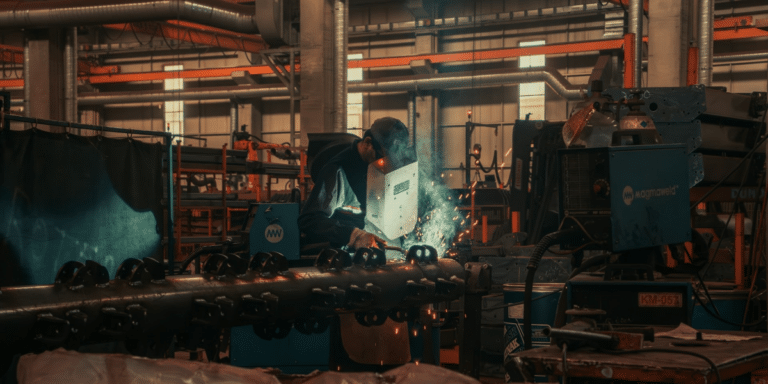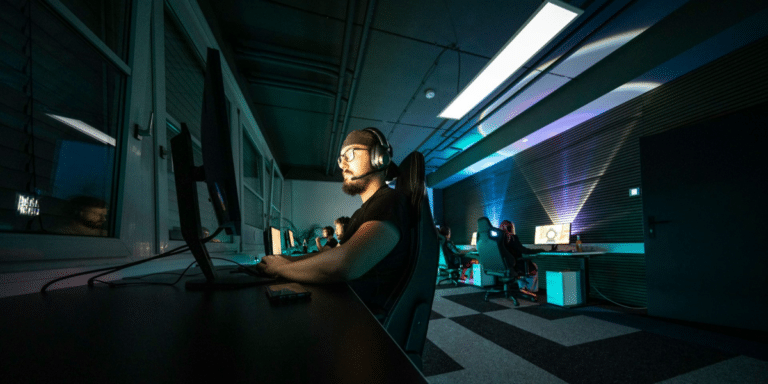Planning a theatrical performance in Portland can be an exciting and rewarding endeavor, but it requires careful consideration and attention to detail to ensure success. Whether you’re staging a play, musical, or other live performance, there are several key factors to keep in mind to make the most of your production. In this article, we’ll explore what you need to know when planning a theatrical performance in Portland, from choosing the right venue to promoting your show effectively.
1. Understanding the Portland Theater Scene
Before diving into planning your theatrical performance, it’s important to familiarize yourself with the Portland theater scene. Portland boasts a vibrant and diverse arts community, with numerous theaters, performance spaces, and production companies catering to a wide range of tastes and audiences. Take the time to research local theaters, attend performances, and network with other theater professionals to gain insight into the local landscape and identify opportunities for collaboration.
2. Choosing the Right Venue
Selecting the right venue is crucial to the success of your theatrical performance. Consider factors such as the size, location, amenities, and technical capabilities of potential venues, as well as their availability and rental costs. Whether you opt for a traditional theater, black box space, or alternative performance venue, make sure it aligns with the vision and requirements of your production.
3. Securing Permits and Licenses
Before staging your theatrical performance, you’ll need to obtain any necessary permits and licenses required by the city of Portland. This may include permits for temporary structures, noise permits for outdoor performances, and licenses for serving alcohol or selling merchandise. Be sure to research the specific requirements and regulations governing theatrical events in Portland and ensure compliance to avoid any potential legal issues.
4. Building a Creative Team
Collaboration is key to bringing your theatrical vision to life. Assemble a talented and dedicated creative team, including directors, designers, technicians, and performers, who share your passion and commitment to excellence. Hold auditions, interviews, or open calls to recruit the best talent for your production, and foster a collaborative and supportive environment where everyone can contribute their unique skills and perspectives.
5. Budgeting and Fundraising
Developing a realistic budget is essential to the success of your theatrical performance. Determine your production expenses, including venue rental, equipment and materials, personnel costs, marketing and promotional expenses, and any other associated costs. Explore fundraising options such as crowdfunding campaigns, sponsorships, grants, and partnerships with local businesses or arts organizations to help offset expenses and ensure financial sustainability.
6. Rehearsals and Production Schedule
Effective planning and organization are essential to keeping your theatrical production on track. Establish a rehearsal schedule that accommodates the availability of your creative team and allows sufficient time for blocking, staging, character development, and technical rehearsals. Create a production timeline with key milestones and deadlines to ensure that all aspects of your performance—from set construction to costume fittings to promotional activities—are completed on time and within budget.
7. Marketing and Promotion
Promoting your theatrical performance is crucial to attracting audiences and generating buzz. Develop a comprehensive marketing and promotional strategy that utilizes a mix of traditional and digital channels to reach your target audience. This may include creating eye-catching posters and flyers, distributing press releases to local media outlets, leveraging social media platforms, partnering with influencers and community organizations, and offering special promotions or discounts to incentivize ticket sales.
8. Ensuring Accessibility and Inclusivity
Make sure your theatrical performance is accessible and inclusive to all members of the community. Consider factors such as venue accessibility, sensory-friendly performances, sign language interpretation, audio description, and captioning to accommodate diverse audiences with different needs and abilities. By prioritizing accessibility and inclusivity, you can ensure that everyone can enjoy and participate in your theatrical experience.
Theatrical Performances Still Have a Place in Portland
Planning a theatrical performance in Portland requires careful planning, creativity, and attention to detail. By understanding the local theater scene, choosing the right venue, securing permits and licenses, building a creative team, budgeting effectively, and promoting your show strategically, you can create a memorable and successful production that resonates with audiences. Whether you’re staging a classic play, a contemporary musical, or an experimental performance piece, the key is to stay organized, collaborative, and adaptable throughout the planning process. With careful planning and execution, your theatrical performance can delight, inspire, and entertain audiences in Portland and beyond.








